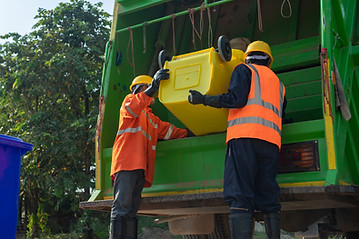
Food Surplus
Food surplus occurs when the supply of food exceeds the demand for it. It happens at every stage from farm to fridge to fork involving farmers, manufacturers, packers and the hospitality industry down to the individual retail outlets and households.
There are many different reasons for food surplus including:
Overproduction – it can be difficult for a food producer to correctly estimate the quantity of food to grow or produce, taking into account the seasonal demand. Sometimes, warehouses are filled with products that have not moved fast enough.
Imperfect Food – Fruits and vegetables with odd shapes, markings and/or sizes are considered “ugly" and unmarketable. Many of them will discarded despite tasting just as good as their more “perfect” counterparts.
Past Best Before Date – Many people discard food when it has passed its best before date, not knowing it can often be enjoyed for far longer.
Damaged Packaging – Food may be discarded because its packaging has become damaged during the manufacturing or transportation process.

Solid Waste Managament and Public Cleansing Corporation (SWCorp)
Even before the Covid-19 pandemic, food easily made up 30% of the waste at landfills in Malaysia. The C-19 pandemic witnessed a hike in food waste nationwide – up from 16,964 tonnes per day in 2019 to 17,041 in 2020.
In 2021, out of 17,007 tonnes of food waste generated in Malaysia every day, some 24% or 4,081 tonnes can be classified as edible food waste. These are the leftover meat and vegetables that are still fit for human consumption.

Many local organisations and producers work hard to redistribute surplus food.
But are we doing enough? Can we do more?
At the Pit Stop Community Cafe, rescuing and repurposing food is one of our primary o objectives. Not only do we reduce our cost of food, we also make sure that surplus food reaches marginalised communities in need.
We work closely with suppliers to encourage and assist them to donate their surplus food safely and effectively.
We look closely at their business and supply chains, providing them with advice and a reliable service to redistribute their surpluses while saving them money, time and resources in the process. They will also receive regular feedback on their goods and the the social impact they generate within the communities.
If you have a business that would like to find a good use for your surplus edible food, please get in touch with us.


